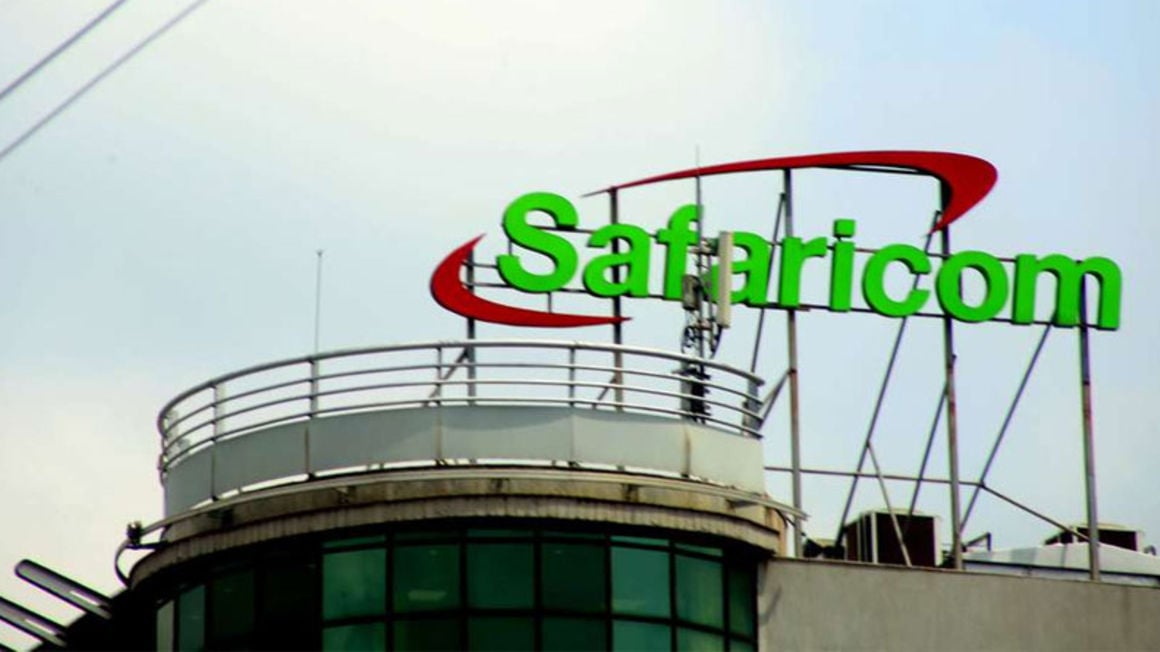
Safaricom headquarters on Nairobi’s Waiyaki Way. PHOTO | DIANA NGILA
Summary
- The telco made the disclosures in a conference call with analysts.
- The loss, caused by initial setup costs and lower M-Pesa revenues in the Covid-19 pandemic era, reversed a Sh3.3 billion profit Safaricom booked in the joint venture the year before.
- The profit in the first year arose from the discount at which Safaricom and Vodacom acquired the M-Pesa brand and platform from their UK parent firm Vodafone Plc.
Safaricom recorded a Sh314 million loss in M-Pesa Africa –the joint venture it formed with its South African parent firm Vodacom Group — in the year ended March.
The telco made the disclosures in a conference call with analysts. The loss, caused by initial setup costs and lower M-Pesa revenues in the Covid-19 pandemic era, reversed a Sh3.3 billion profit Safaricom booked in the joint venture the year before.
The profit in the first year arose from the discount at which Safaricom and Vodacom acquired the M-Pesa brand and platform from their UK parent firm Vodafone Plc.
Safaricom and Vodacom invested Sh1 billion each to acquire the M-Pesa brand and form the joint venture.
“And then from the joint venture you saw profit last year, which is the profit book by M-Pesa Africa in the financial year 2020 as part of the transfer of the brand and this year, there’s a loss of Sh314 million,” Safaricom’s chief financial officer Dilip Pal said in the briefing.
He was responding to questions about the telco’s share of earnings in the joint venture.
Mr Pal added that the partnership was not expected to be profitable immediately.
M-Pesa Africa is aimed at taking the mobile financial services platform beyond existing markets served separately by Safaricom and Vodacom.
Safaricom operates M-Pesa directly in Kenya while Vodacom runs the service through its subsidiaries in Tanzania, the Democratic Republic of Congo, Mozambique and Lesotho.
M-Pesa Africa is focused on new markets such as Rwanda, Tanzania, Uganda and overseas territories, working with payments partners like PayPal, Western Union and AliExpress.
M-Pesa’s revenues across all the markets declined in the year ended March, reflecting the impact of the removal of charges on low-value transactions.
In Kenya, for instance, fees on transactions of Sh1,000 and below were removed between March 16 and December 31, 2020. “The impact of zero-rating person-to-person payments for our international markets, including Safaricom, was equivalent to R2 billion (Sh15.6 billion) of service revenue,” Vodacom said in its results for the year ended March.
The charges were reinstated in all the markets on January 1, with reduced tariffs in some cases.


No comments:
Post a Comment